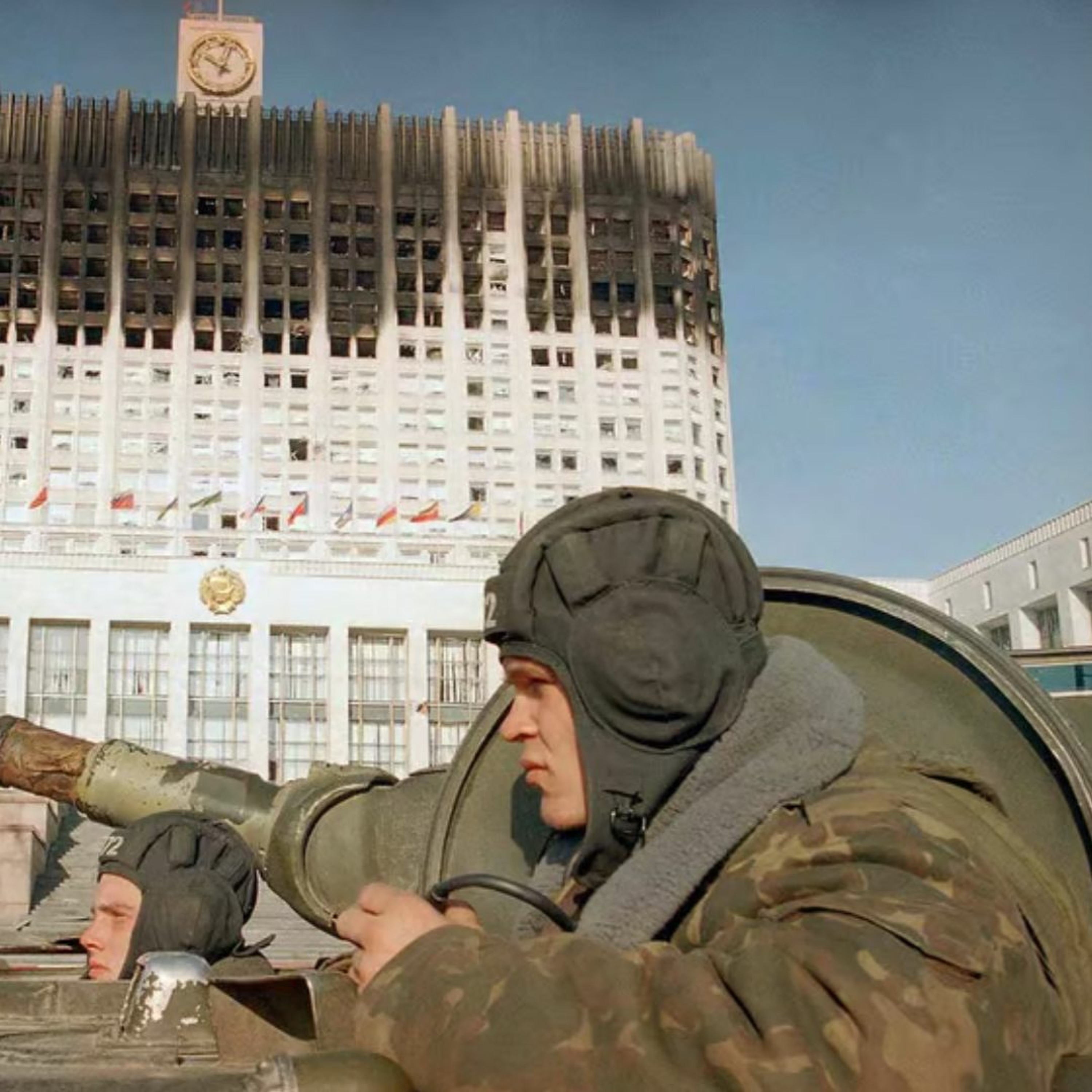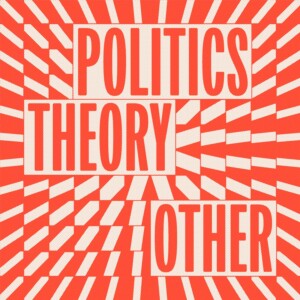
The roots of the new cold war w/ Gilbert Achcar
 2023-09-14
2023-09-14
Download
Right click and do "save link as"
In 1999 in the wake of the Kosovo conflict Gilbert Achcar published a book titled 'The New Cold War: The World After Kosovo'. At the time, describing tensions between the United States, Russia and China in terms of "a cold war" seemed to many to be outlandish hyperbole, or very premature at best. Now, of course the use of the term to describe the global situation is increasingly commonplace, but if we are indeed in a cold war - the question arises - when did it begin? Should it be dated in Russia's case to the 2008 Georgia war, in China to the rise of Xi Jinping and the repression in Hong Kong - or do we need to think back much further?
In today's episode Gilbert Achcar joins the show to discuss his new book, 'The New Cold War: The US, Russia and China - From Kosovo to Ukraine', in which he builds upon his earlier work to argue that the current situation is rooted in events and key decisions made during the 1990s, including the devastating collapse of the Russian economy, the failure to create a new security architecture in Europe after the end of the cold war, and in increasing US-China tensions over Taiwan and other security matters, which were obscured by the deepening economic integration of the two states at the time. In the following interview we discuss these topics, as well as why Gilbert thinks its appropriate to describe Vladimir Putin's regime as neofascist, why recognising NATO enlargement as being a vector for Russian nationalism does not in any way justify the invasion of Ukraine, and we also talked about what Gilbert thinks a more just international order might look like.
view more
More Episodes
#98 Feminism, Interrupted w/ Lola Olufemi
 2020-10-09
2020-10-09
 2020-10-09
2020-10-09
#94 After the capitalocene w/ Rosie Warren
 2020-08-16
2020-08-16
 2020-08-16
2020-08-16
012345678910111213141516171819
Create your
podcast in
minutes
- Full-featured podcast site
- Unlimited storage and bandwidth
- Comprehensive podcast stats
- Distribute to Apple Podcasts, Spotify, and more
- Make money with your podcast
It is Free
- Privacy Policy
- Cookie Policy
- Terms of Use
- Consent Preferences
- Copyright © 2015-2024 Podbean.com



